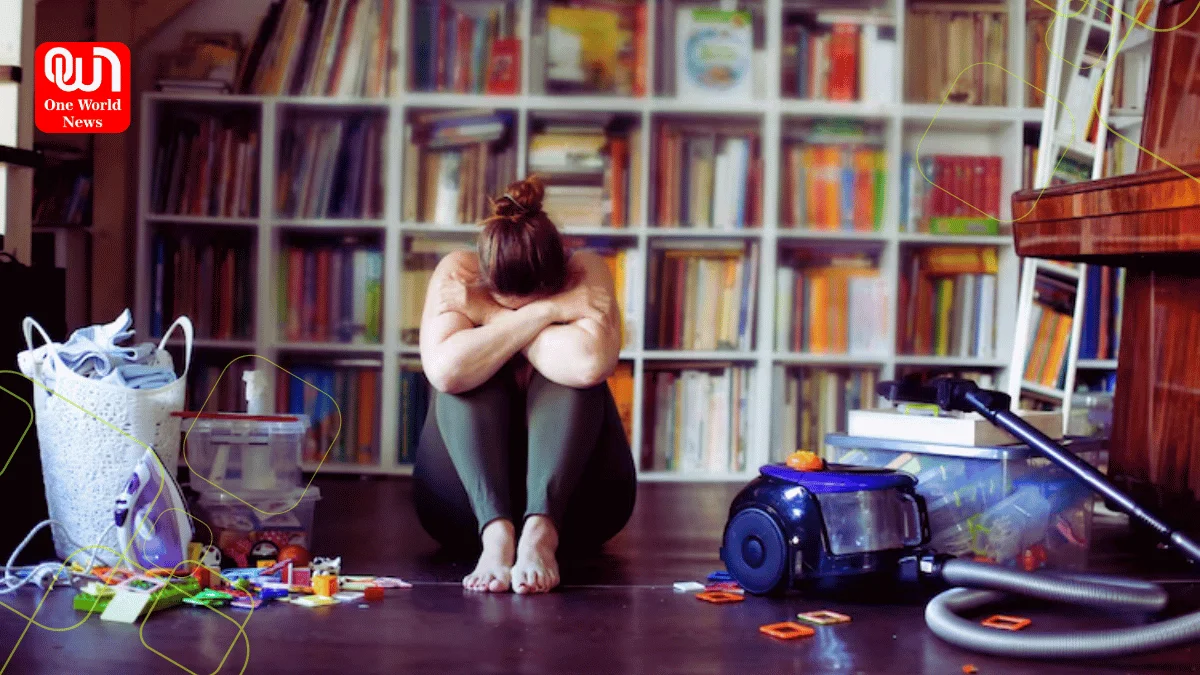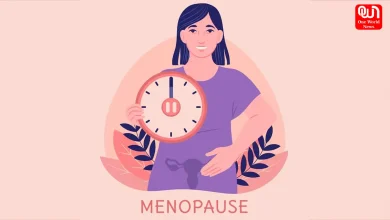The Surprising Impact of Obsessive Cleaning on Mental Health
Obsessive cleaning can harm mental health by increasing anxiety and isolation. Balance and mindfulness are crucial for maintaining a healthy approach.
The Impact of Obsessive Cleaning on Mental Health: Understanding Anxiety, Perfectionism, and Finding Balance
Cleaning as a day-to-day chore is considered as one of the essential activities needed in order to keep our environment clean and orderly. Nonetheless, as essentially every task, cleaning also has certain impacts on the mental level when it becomes a pathological obsession.
Read more: Do Your Breasts Hurt Often? 5 Possible Causes Of Breast Pain And Ways To Manage The
The Allure of Obsessive Cleaning: Excessive cleaning can be cited as the uncontrollable urge to clean and arrange the environment, far beyond what others would consider hygienically appropriate. People can become obsessed with washing and grooming to extreme levels with a drive to make things work perfectly or make everything clean.
:max_bytes(150000):strip_icc()/ocdsymptoms-GettyImages-1458309457-8b60c597410f4c11b887b430fffa7ed2.jpg)
The Mental Health Implications: Observational cleaning, on the other hand, has positive impacts to mental health may include reduced stress levels and improved mood hence enhancing the general health of an individual On the flip side, obsessive cleaning has its effects and drawbacks hence serves the following;
1. Increased Anxiety: On the contrary, being constantly obsessed with keeping space clean and tidy may lead to a higher level of anxiety. Such a fear may cause panic or distress any time things are not clean or tidy, orderly or symmetrical, etc.
2. Social Isolation: As it becomes an obsession, obsessive cleaning may take up so much time that people can lose interest in the relationships or even social interactions. This can in turn affect the mental health of the individual and lead to feelings of loneliness and detachment.
3. Perfectionism: The desire of attaining a perfect world without dirt, germs, and other forms of uncleanliness can elevate perfectionism to the point where even the slightest stain is agonizing. This constant striving becomes the root of concern and carries a message of disappointment, of not being good enough.
Read more: Health benefits of ghee for skin – how to use it effectively!
Finding Balance: Paying attention to cleanliness and how things are arranged in a homes is good but it’s wise to avoid overdoing it.
• Set Realistic Standards: Strive for cleanliness that does not prove too much of a hassle to maintain and does not put too much strain on you.
• Practice Mindfulness: Realize what kind of gestures and actions are related to cleaning and how they influence your feelings. As much as possible, avoid burnout and make sure to take care of yourself.
• Seek Support: If cleaning becomes a problem that hinders the daily activities of life or if one gets extremely upset over perceived dirt, it is best to consult a therapist counselor who deals with obsessive compulsive disorder.
We’re now on WhatsApp. Click to join.
Thus we can conclude that cleanliness leads to positive impact on living condition but in case of over-cleaning may have negative impacts on mental health by causing anxiety and increased perfectionism. The message here is that there is always do’s and don’ts that must be balanced with regard to cleanliness to enhance both mental and physical health.
Like this post?
Register at One World News to never miss out on videos, celeb interviews, and best reads.








